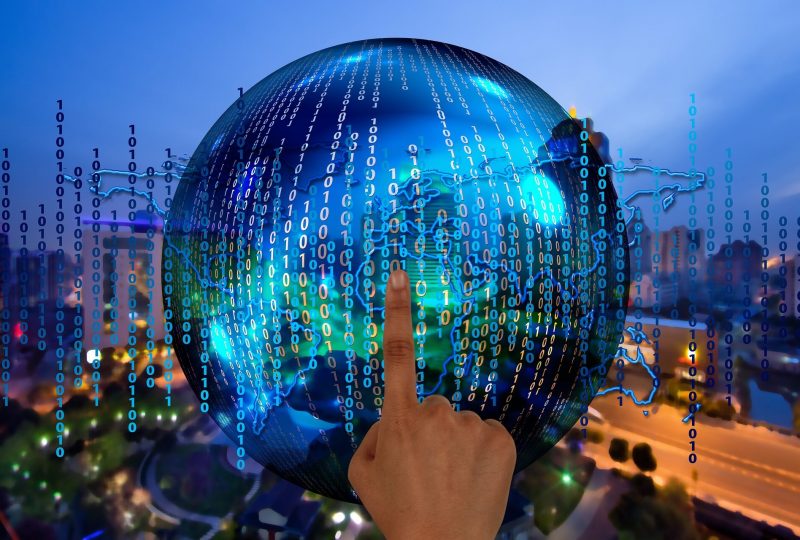News of the week selected by Impactscool – December 23rd
23 December 2019 | Written by La redazione

Solar panels are one of the technologies at the center of the shift in energy production from fossil fuels to renewable sources. Making them more efficient and easy to install is essential to make them more and more common everywhere. A group of researchers from Central Florida University is using artificial intelligence to develop the perfect recipe for creating a spray solar panels based on perovskite, a mineral that can be used in solar panels to turn light into electricity.
Quips: the AI that gives back the voice
One of the most obscure aspects of neuro-motor diseases is language loss. Losing the ability to communicate with others traps people in their bodies. Fortunately, there are technological systems that, as in the famous case of Stephen Hawking, restore the ability to interface with the world, but today they do it in a slow, cumbersome and inefficient way. R² Data Labs, a section of Rolls-Royce, wants to change things by exploiting the potential of artificial intelligence. The project is called Quips and aims to give back the voice to those who lost it thanks to an AI that draws on a database created using the patient’s voice before they lose it definitively. When the disease arrives at an advanced stage, AI is able to simulate the original voice, even in intonation, in language and in all the parts that make a voice unique. The AI would also be able to suggest answers based on the context, for faster interaction. The project is in an experimental phase and, according to R² Data Labs, can be integrated into the systems that some ALS patients already use to communicate.
Cobalt-free batteries come from algae
The world needs batteries, a desperate need. We need batteries to store renewable energy, whose flow is not constant, we need batteries for electric mobility, for electronic devices, and for practically anything that has an electrical system. To date, we use lithium-ion batteries, but to function, these require heavy metals, difficult to recover, and cobalt, often extracted in conditions at the limit of slavery to minors. However, IBM has an alternative solution: batteries that do not use heavy metals but materials extracted from seaweed. According to IBM, these new batteries could perform better than today, be safer and certainly less polluting. Will they be the batteries of the future?
If it were announced tomorrow that a giant asteroid was on a collision course with the Earth, there is not much we could do but accept our fate. Many realities are working to provide humanity with a Plan B, between Musk with its colonization of Mars and those who instead create autonomous underground shelters able to withstand a nuclear winter for centuries, there are also a group of researchers of the Initiative for Interstellar Studies that plans to make a one-way trip to the nearest star system, Proxima Centauri, a journey that could last thousands of years. As crazy as the idea is it has its own logic, but the challenges to be faced before such a mission becomes a reality are many, from the creation of regenerable closed ecosystems to finding solutions to defend man from cosmic radiation that already in a “short” journey “Like the one for Mars could prove lethal.





